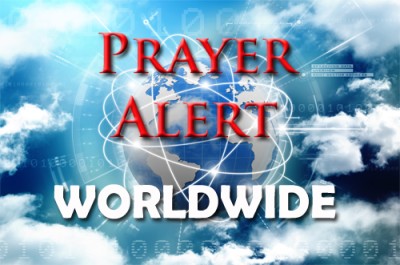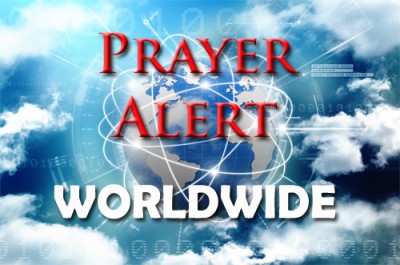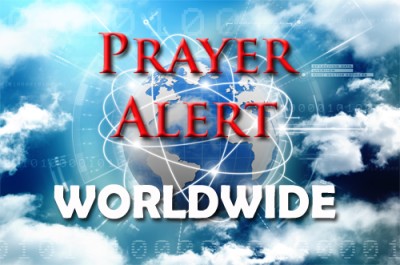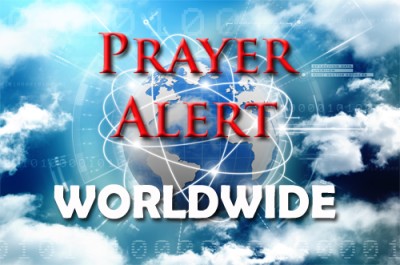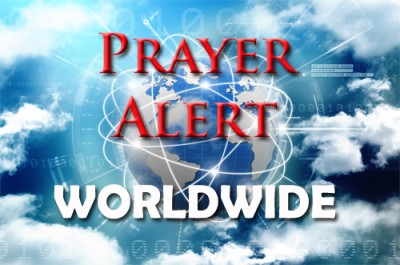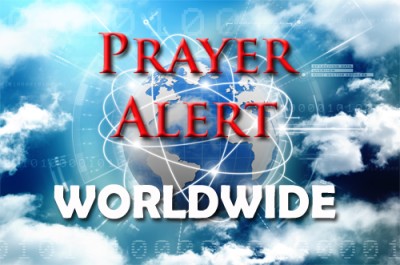Zimbabwe: cholera outbreak
14 Jul 2023The word cholera doesn’t strike much fear in countries with vaccines and clean water. However a Zimbabwe cholera outbreak is serious, often killing within hours. Cholera is a bacterial disease contracted by ingesting contaminated water or food. It is prevalent in places with poor sanitation, unclean water, and inadequate hygiene. Symptoms of acute watery diarrhoea, vomiting and leg cramps appear within two or three days of infection, leading to severe dehydration and shock. Unless fluids are replaced quickly, death occurs within hours. In the week beginning 9 July there has been a spike in cases and a spread of outbreaks in known hotspot areas in Harare Province. Robust response measures, particularly for strengthening surveillance, risk communication, case management, and provision of clean water, sanitation, and hygiene services are urgently needed to control the outbreaks On 28 June 3,000+ cases were reported: updated totals are not currently available.
India: Delhi hit by massive monsoon floods
14 Jul 2023In Delhi, floods from the Yamuna river caused roads to turn into rivers and water gushed into houses, medical facilities, crematoriums and shelter homes. It is impairing normal life and causing immense hardship for the people in the national capital as the river water level rose to a record high. Amid the flooding, the city is staring at a shortage of drinking water after the government decided to cut down supply by 25 percent following the closure of three water treatment plants due to the rising level of the Yamuna. It swelled to a staggering 208.62 metres at 1 pm on 13 July, smashing the previous all-time record of 207.49 metres set 45 years ago. Rescue teams have been deployed, and administration and agencies are also working together. At the time of writing they have evacuated around 2,500 people from different areas.
Egypt: murdered because he was a Christian
14 Jul 2023A young architect in Egypt was tragically murdered on a building site by a colleague in a bulldozer who later told police, ‘I hate Christians; I killed him because he is a Christian.’ After confessing to Fadi’s murder, Mohammed spent four days in prison before being sent to a mental health hospital for treatment. It is unclear to what extent, if at all, psychological issues contributed to this attack. They are often cited by Muslim extremists to explain their attacks against Christians to avoid prosecution - and it works. Like so many families who’ve been affected by persecution in Egypt, there is no guarantee that Fadi’s family will receive justice from the legal system. Despite this uncertainty and the anguish they are in, they have already decided to forgive Mohammed. This incident reminds us how for many Christians the workplace is not safe - either because of overt attacks like this one or more subtle forms of discrimination.
AI-related Bible translation
14 Jul 2023Meta, the parent company of Facebook and Instagram, uses the Bible to train its artificial intelligence (AI) speech tool. The project includes recordings of Bible stories, evangelistic messages, Scripture, and songs in more than 6,255 languages and dialects. In a sense, the Bible is helping AI learn other languages. Wycliffe USA Bible Translators have been using machine-assisted drafting for two decades, changing and modifying it as time goes on. Using technology to accelerate Bible translation is a priority. AI is notably beneficial in sign language Bible translation. Less than 2% of the world’s deaf population can access the Gospel in a known sign language, but that is about to change for deaf people in sensitive countries. Putting a deaf believer on camera is too risky in some countries. That’s where the Chameleon avatar project comes in. AI is not perfect yet, but the problems are being corrected to make the avatar smoother and more accurate.
Nigeria: Christians barbarically murdered
13 Jul 202390% of all Christians killed worldwide are in Nigeria. Christians live in a constant state of terror, fearing abduction, torture, and murder by radical Islamic jihadists. Boko Haram and Nigeria’s arm of IS slaughter innocent Christians and burn down Christian churches. One survivor stated, ‘I saw bodies in the street: children and women, some were crying for help.’ Some attackers even pose as preachers to slaughter Christian congregants and kidnap Christian children. Fulani herdsmen are also increasing their barbaric persecution of Nigerian Christians. They have slaughtered thousands: it's genocide. The American Centre for Law and Justice is launching a multi-pronged legal advocacy campaign, urging the UN, USA, and world leaders to take urgent action. Its global offices are expanding their most extensive campaign for the persecuted Church ever undertaken, filing lawsuits, advocacy letters, and legal submissions to the UN - saying, ‘Together we can protect Christians in Nigeria from the growing scourge of jihadist persecution’.
Indonesia: Java
13 Jul 2023Java is not the largest island in Indonesia, but it has the largest population. Praise God that the Church on Java continues to grow. Nearly 50% of Chinese-descent Indonesians and 5% of Javanese are Christian. The many religions of Java historically tolerated each other. But this has changed. Persecution now comes in the form of laws that prevent Christians from building, which sometimes results in the destruction of churches and Christian property. Christians of many traditions now draw together for prayer, worship, and mutual support: and the love among them attracts many Muslims to Christ, despite the persecution. Christian love for the needy and most vulnerable people in society has a powerful effect. Pray for the unreached people groups, including the 34 million Sunda who profess Islam but have underlying animism and traditional beliefs. They are one of the largest unevangelised groups in the world.
Landmark ruling ignites prayer
07 Jul 2023Lorie Smith, who runs a design agency, took Colorado state to court so that she could refuse working on anything promoting gay marriage without being prosecuted. She won her case against an act that includes sexual orientation and gender identity as protected classes. We can praise God for the First Amendment that gives everyone the freedom to think and speak as they wish without coercion. The Supreme Court ruling was disappointing for LGBTQ people - but for those who’ve left the LGBTQ lifestyle to follow Jesus, it was marked by a night of worship and prayer hosted by a Spirit-filled church in Georgia. The service was livestreamed across the nation as people humbly cried out to God for the salvation and transformation of 100,000 men and women out of LGBTQ lifestyles and into Christ’s purposes for their lives.
Three family members ordained together
07 Jul 2023In a historic event, three members of the same family were ordained during the same service at Exeter Cathedral. Mother Julie Wheeler, son Charles Wheeler, and daughter-in-law Miriam Brandon-Wheeler are now deacons. Charles took part in the Church of England’s Ministry Experience scheme before joining a monastic community, where he met his wife. He said, ‘To be preparing with Miriam and to have the opportunity to serve the people of Tiverton together as part of the same church community is particularly special. I am glad too that I prepared with my mother, who has encouraged me as I have encouraged her.’
